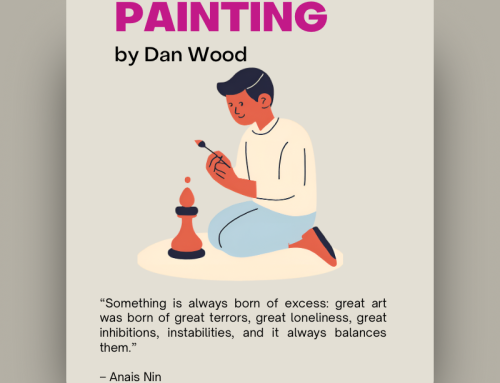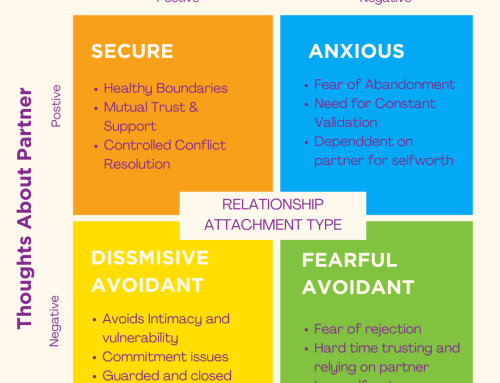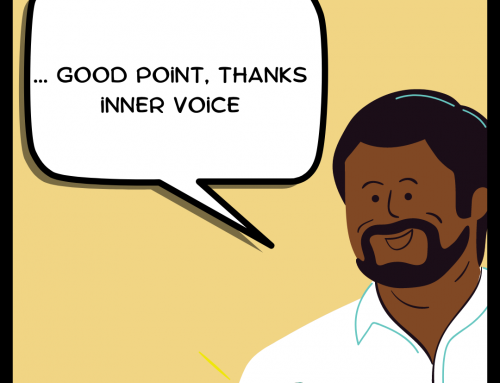Introduction
In the journey of childhood, where words often fall short, play steps in as a profound communicator. The Arts of Change (AoC) highlights the transformative power of play therapy in helping children express and process their emotions creatively. Through play, children can explore their inner world, communicate fears or joys, and navigate complex emotions in a safe and supportive environment. Whether through role-playing, drawing, or storytelling, play therapy bridges a child’s experiences and ability to articulate them, fostering emotional growth and resilience.
A Deep Dive into Play Therapy
Play therapy is a powerful, evidence-based approach that helps children navigate emotional and psychological challenges through play. Unlike traditional talk therapy, which relies on verbal expression, play therapy allows children to communicate through toys, art, and imaginative activities. This method is particularly effective for young children, who may lack the vocabulary or emotional awareness to articulate their experiences.

How Play Therapy Works
A trained play therapist provides a safe, structured environment where children can freely express their thoughts and emotions. Using toys, dolls, puppets, drawings, or sand trays, children create scenarios that reflect their inner struggles. Therapists carefully observe these interactions, using them to gain insights into the child’s emotional state and gently guiding them toward healing.
Therapists employ different techniques depending on the child’s needs. Directive play therapy involves structured activities where the therapist introduces themes or exercises to help the child process specific emotions. Non-directive play therapy, on the other hand, allows children to lead the session, encouraging them to express themselves freely.

Benefits of Play Therapy
-
Emotional Expression – Play therapy helps children articulate their feelings in a non-verbal, stress-free way.
-
Building Coping Skills – Through guided play, children learn problem-solving techniques and emotional regulation strategies.
-
Processing Trauma – Children who have experienced trauma, anxiety, or grief can safely process these emotions in a supportive environment.
-
Enhancing Social Skills – Role-playing and interaction in play therapy help children develop communication and relationship skills.
-
Boosting Confidence – Expressing emotions and finding solutions in play therapy fosters a sense of control and self-esteem.
Who Can Benefit?
Play therapy is highly effective for children facing a range of emotional and behavioral challenges, including:
-
Anxiety and depression
-
Trauma and PTSD
-
ADHD and behavioral disorders
-
Autism spectrum disorders
-
Family conflicts, such as divorce or bereavement

Elaborating on the Benefits of Play Therapy:
Emotional Expression: Play therapy provides a safe space for children to express complex emotions without the pressure of articulating them verbally. This is especially beneficial for children dealing with trauma, anxiety, or depression, as it allows them to process their feelings through symbolic play, which can be less intimidating and more accessible than direct conversation.
Behavioural Improvement: Through play, children learn to navigate and regulate their emotions, which can lead to improved behaviour. Play therapy offers a structured yet flexible environment where children can address issues like aggression, fear, or sadness, experiment with different responses, and learn to manage these emotions constructively.
Cognitive Development: Play therapy supports cognitive growth by encouraging children to think creatively and solve problems. This form of treatment fosters adaptability and resilience, skills that are crucial in academic and social settings. Through play, children learn to experiment with different scenarios, which enhances their ability to think critically and adapt to new challenges.
How AoC Implements Play Therapy: The Arts of Change (AoC) employs diverse creative arts in their play therapy sessions, integrating techniques such as drama therapy and integrative counselling. Each session is carefully designed to meet the child’s individual needs, ensuring that the therapeutic approach aligns with their specific emotional and developmental stage. This personalised method allows therapists to adapt to the child’s pace, fostering a supportive environment that encourages genuine emotional growth and understanding.
Conclusion: Play therapy at AoC transcends traditional play. It’s a strategic, empathetic approach to child mental health care that leverages the natural medium of play to help children process and articulate complex feelings and experiences. By doing so, AoC nurtures resilience and comprehension in young minds, guiding them through emotional challenges with creativity and care.
Visit AoC’s website here for more detailed information on how It implements play therapy and other therapeutic services.






